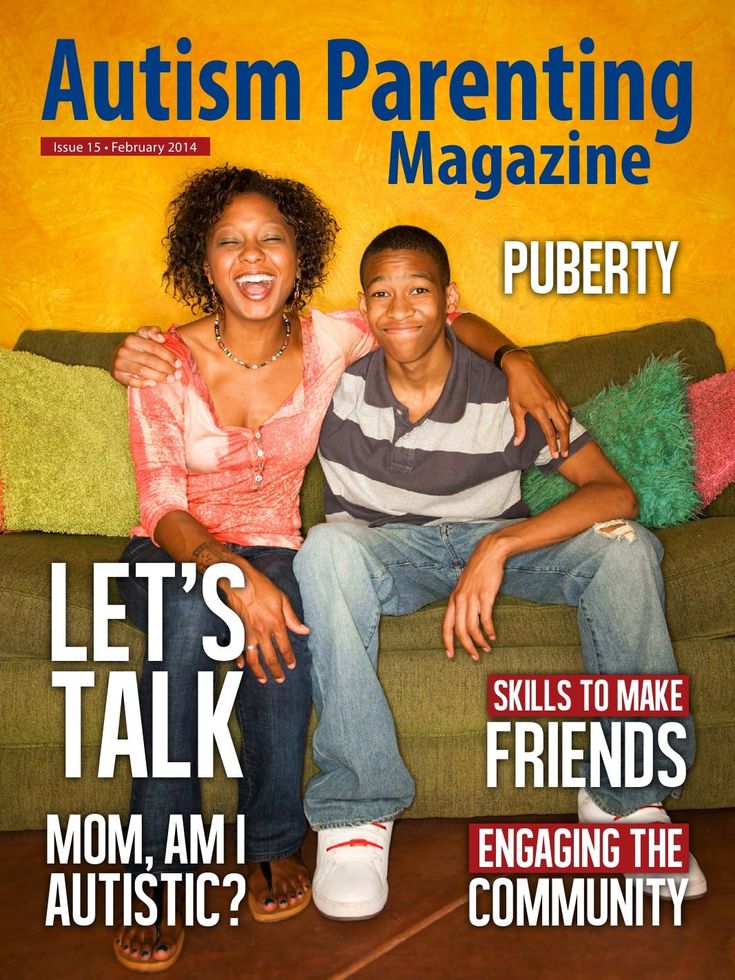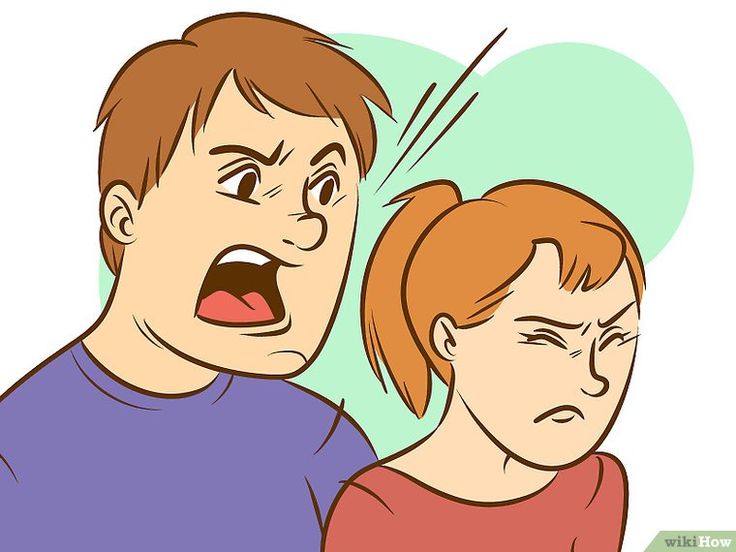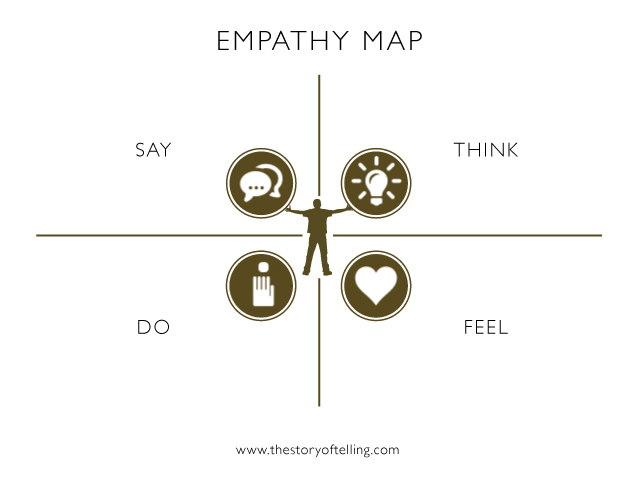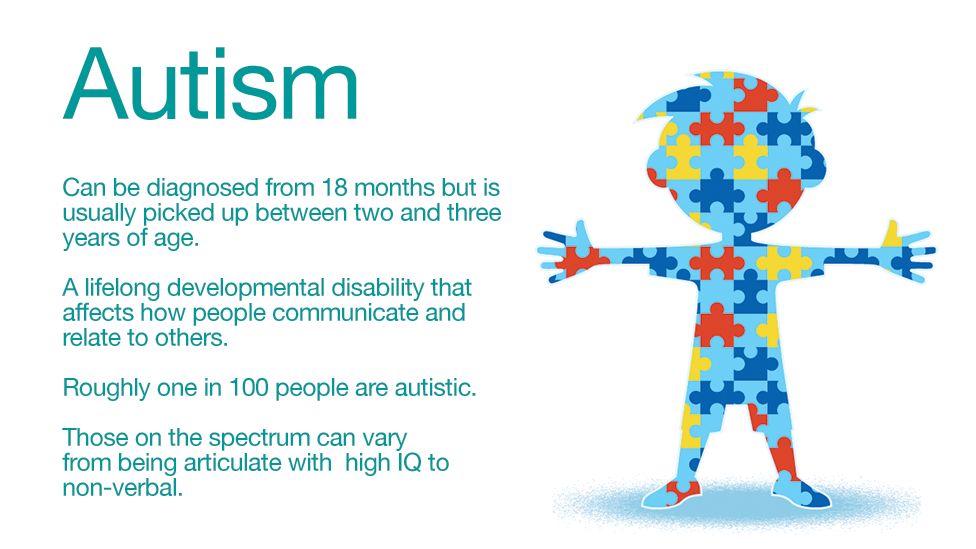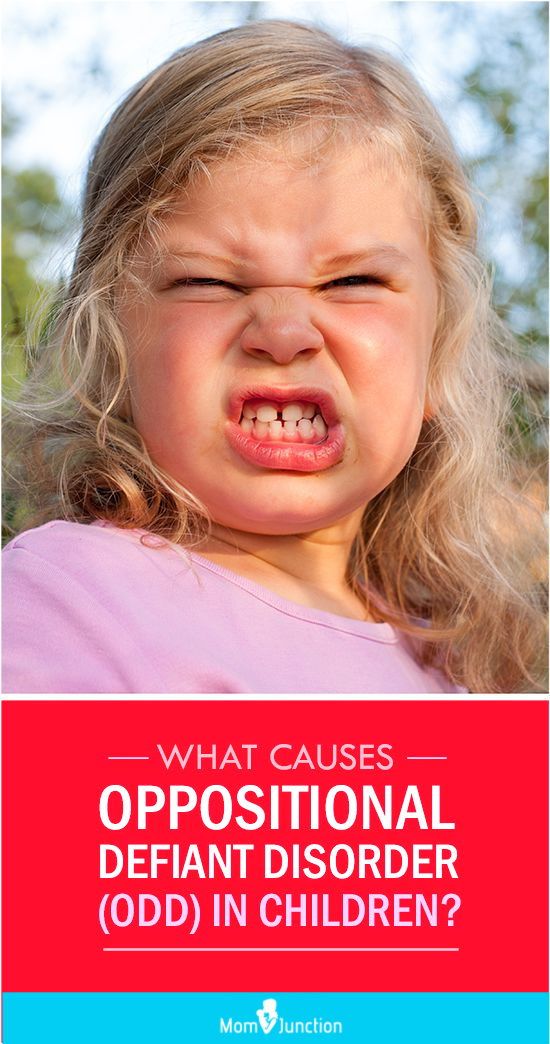Am i autistic
Online Test for Adult Autism
Share this page
Question 1
I prefer to do things on my own, rather than with others.
- Definitely Agree
- Slightly Agree
- Slightly disagree
- Definitely disagree
Question 2
I prefer doing things the same way - for instance my morning routine or trip to the supermarket
- Definitely Agree
- Slightly Agree
- Slightly disagree
- Definitely disagree
Question 3
I find myself becoming strongly absorbed in something – even obsessional
- Definitely Agree
- Slightly Agree
- Slightly disagree
- Definitely disagree
Question 4
I am very sensitive to noise and will wear earplugs or cover my ears in certain situations
- Definitely Agree
- Slightly Agree
- Slightly disagree
- Definitely disagree
Question 5
Sometimes people say I am being rude, even though I think I am being polite.
- Definitely Agree
- Slightly Agree
- Slightly disagree
- Definitely disagree
Question 6
I find it easy to imagine what characters from a book might look like.
- Definitely Agree
- Slightly Agree
- Slightly disagree
- Definitely disagree
Question 7
I find it easy to talk in groups of people
- Definitely Agree
- Slightly Agree
- Slightly disagree
- Definitely disagree
Question 8
I am more interested in finding out about ‘things’ than people
- Definitely Agree
- Slightly Agree
- Slightly disagree
- Definitely disagree
Question 9
I find numbers, dates and strings of information fascinating
- Definitely Agree
- Slightly Agree
- Slightly disagree
- Definitely disagree
Question 10
I prefer non-fiction books and films to fiction
- Definitely Agree
- Slightly Agree
- Slightly disagree
- Definitely disagree
Question 11
I find it upsetting if my daily routine is upset or changed
- Definitely Agree
- Slightly Agree
- Slightly disagree
- Definitely disagree
Question 12
It’s difficult for me to understand other people’s facial expression and body language
- Definitely Agree
- Slightly Agree
- Slightly disagree
- Definitely disagree
Question 13
I don’t have any problems making small talk with new people
- Definitely Agree
- Slightly Agree
- Slightly disagree
- Definitely disagree
Question 14
I notice very small changes in a person’s appearance
- Definitely Agree
- Slightly Agree
- Slightly disagree
- Definitely disagree
Question 15
When I was young I used to play lots of ‘let’s pretend’ or imaginary games
- Definitely Agree
- Slightly Agree
- Slightly disagree
- Definitely disagree
Question 16
I like collecting information about things I am interested in
- Definitely Agree
- Slightly Agree
- Slightly disagree
- Definitely disagree
Question 17
I like meeting new people
- Definitely Agree
- Slightly Agree
- Slightly disagree
- Definitely disagree
Question 18
People close to me say I talk about the same things repeatedly
- Definitely Agree
- Slightly Agree
- Slightly disagree
- Definitely disagree
Question 19
I find it easy to work out what people are thinking or feeling just by looking at their facial expressions
- Definitely Agree
- Slightly Agree
- Slightly disagree
- Definitely disagree
Question 20
New social situations make me feel anxious
- Definitely Agree
- Slightly Agree
- Slightly disagree
- Definitely disagree
Question 21
It’s important to me to carefully plan any activities I am going to do
- Definitely Agree
- Slightly Agree
- Slightly disagree
- Definitely disagree
Question 22
I find it hard to work out what people’s intentions are
- Definitely Agree
- Slightly Agree
- Slightly disagree
- Definitely disagree
Question 23
I would find it really hard to play imaginary games with children
- Definitely Agree
- Slightly Agree
- Slightly disagree
- Definitely disagree
Question 24
I am a good diplomat and can help ease difficult social or work situations
- Definitely Agree
- Slightly Agree
- Slightly disagree
- Definitely disagree
Question 25
I am often the last person to understand a joke
- Definitely Agree
- Slightly Agree
- Slightly disagree
- Definitely disagree
Question 26
I like doing things spontaneously
- Definitely Agree
- Slightly Agree
- Slightly disagree
- Definitely disagree
Question 27
If I am interrupted doing something I find it hard to get back to what I was doing before hand
- Definitely Agree
- Slightly Agree
- Slightly disagree
- Definitely disagree
Question 28
I notice patterns in things all the time
- Definitely Agree
- Slightly Agree
- Slightly disagree
- Definitely disagree
Question 29
I have some very strong interests and get upset if I can’t pursue them
- Definitely Agree
- Slightly Agree
- Slightly disagree
- Definitely disagree
Question 30
I can tell if someone I am talking to is getting bored
- Definitely Agree
- Slightly Agree
- Slightly disagree
- Definitely disagree
Question 1 of 30
When answering the above questions please consider how much the statements apply to you.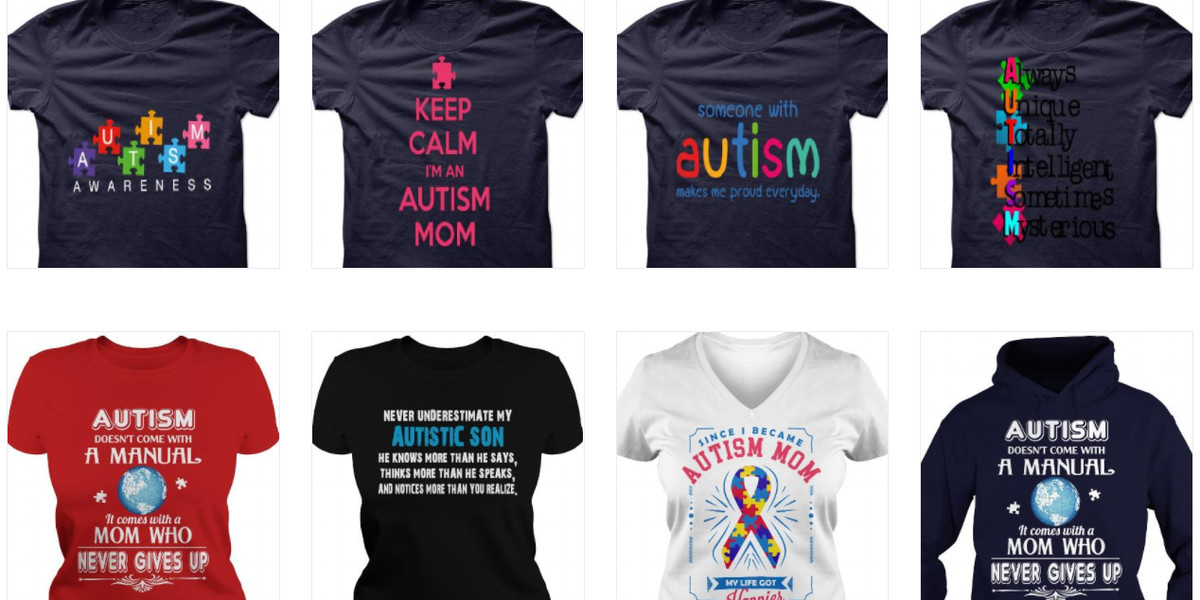
The above 30 questions may be useful to understand if you are experiencing some of the common behaviours and thoughts associated with being on the Autistic Spectrum. The questions are based on an evidence-based screening tool – the Autism Spectrum Quotient – but are indicative only and do not form a formal diagnosis.
References: S. Baron-Cohen, S. Wheelwright, R. Skinner, J. Martin and E. Clubley, (2001) The Autism Spectrum Quotient (AQ) : Evidence from Asperger Syndrome/High Functioning Autism, Males and Females, Scientists and Mathematicians Journal of Autism and Developmental Disorders 31:5-17
Need to talk:
0203 326 9160 0203 326 9160
Speak with a member of our friendly staff in complete confidence and arrange a consultation, either face-to-face or online.
Take another test
View all tests
We have online mental health quizzes for many conditions including ADHD, autism, anxiety, depression, PTSD, and more. Each one should take no longer than five minutes.
Autism Quiz: Do I Have Autism?
Autism Quiz: Do I Have Autism? | Psych Central- Conditions
- Featured
- Addictions
- Anxiety Disorder
- ADHD
- Bipolar Disorder
- Depression
- PTSD
- Schizophrenia
- Articles
- Adjustment Disorder
- Agoraphobia
- Borderline Personality Disorder
- Childhood ADHD
- Dissociative Identity Disorder
- Narcissistic Personality Disorder
- Narcolepsy
- Oppositional Defiant Disorder
- Panic Attack
- Postpartum Depression
- Schizoaffective Disorder
- Seasonal Affective Disorder
- Sex Addiction
- Specific Phobias
- Teenage Depression
- Trauma
- Featured
- Discover
- Wellness Topics
- Black Mental Health
- Grief
- Emotional Health
- Sex & Relationships
- Trauma
- Understanding Therapy
- Workplace Mental Health
- Original Series
- My Life with OCD
- Caregivers Chronicles
- Empathy at Work
- Sex, Love & All of the Above
- Parent Central
- Mindful Moment
- News & Events
- Mental Health News
- COVID-19
- Live Town Hall: Mental Health in Focus
- Podcasts
- Inside Mental Health
- Inside Schizophrenia
- Inside Bipolar
- Wellness Topics
- Quizzes
- Conditions
- ADHD Symptoms Quiz
- Anxiety Symptoms Quiz
- Autism Quiz: Family & Friends
- Autism Symptoms Quiz
- Bipolar Disorder Quiz
- Borderline Personality Test
- Childhood ADHD Quiz
- Depression Symptoms Quiz
- Eating Disorder Quiz
- Narcissim Symptoms Test
- OCD Symptoms Quiz
- Psychopathy Test
- PTSD Symptoms Quiz
- Schizophrenia Quiz
- Lifestyle
- Attachment Style Quiz
- Career Test
- Do I Need Therapy Quiz?
- Domestic Violence Screening Quiz
- Emotional Type Quiz
- Loneliness Quiz
- Parenting Style Quiz
- Personality Test
- Relationship Quiz
- Stress Test
- What's Your Sleep Like?
- Conditions
- Resources
- Treatment & Support
- Find Support
- Suicide Prevention
- Drugs & Medications
- Find a Therapist
- Treatment & Support
Medically reviewed by Jeffrey Ditzell, DO — By Christina Ward — Updated on April 11, 2021
Autism spectrum disorder (ASD) is a neurodevelopmental disorder that affects the way a person thinks, behaves, and communicates.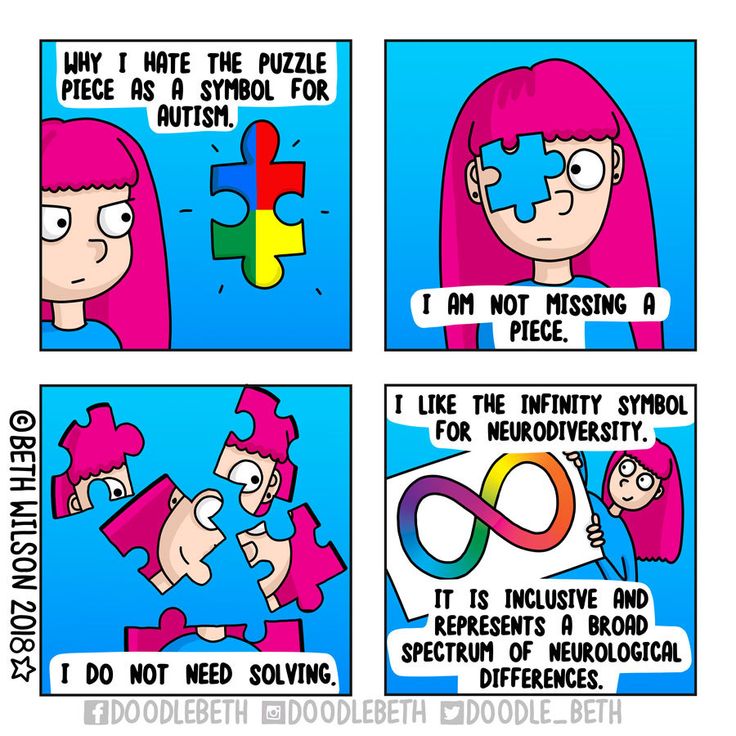
While children are typically screened for autism symptoms as early as 18 months, it can be diagnosed later in older children, adolescents, and even adults.
This brief, time-saving test is designed for anyone who thinks they might benefit from an autism screening or evaluation.
The items below will help you determine whether you may need an in-depth evaluation including screening tools, parental or family insight, and clinical observations.
A mental health professional can also help figure out if your symptoms might be a sign of another mental health condition and recommend treatment if needed.
This online screening is not a definitive tool. It will not conclusively guarantee that you have autism.
However, it will measure if you have any autism-related traits, based on your own self-assessment.
Only a trained medical professional, such as a doctor or mental health professional, can help you determine the next best steps for you.
This free autism quiz was adapted from the Autism Spectrum Screening Questionnaire (ASSQ) designed to screen for the possibility of autism spectrum disorder (ASD).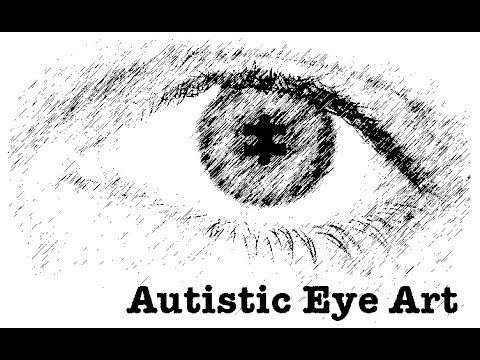 This is not a diagnostic tool and should be considered for personal use only. An accurate diagnosis can be made only through a clinical evaluation. If you think you might have ASD, consider speaking with a primary care doctor, psychiatrist or another mental health professional. They can perform a clinical evaluation that includes screening tools, parental or family insight, and clinical observations to arrive at the most accurate diagnosis.
This is not a diagnostic tool and should be considered for personal use only. An accurate diagnosis can be made only through a clinical evaluation. If you think you might have ASD, consider speaking with a primary care doctor, psychiatrist or another mental health professional. They can perform a clinical evaluation that includes screening tools, parental or family insight, and clinical observations to arrive at the most accurate diagnosis.
Instructions
The items below refer to your preferences and behaviors over the course of your life. For the results of this quiz to be most accurate, try to be as honest as possible in your responses.
This online screening is not a diagnostic tool. Only a trained medical professional, like a doctor or mental health professional, can help you determine the next best steps for you.
Ready to start therapy? Our Find a Therapist resource may help.
Last medically reviewed on April 11, 2021
5 sourcescollapsed
- Baron-Cohen B, et al.
 (2001). The autism-spectrum quotient (AQ): Evidence from Asperger syndrome/high-functioning autism, males and females, scientists and mathematicians.
(2001). The autism-spectrum quotient (AQ): Evidence from Asperger syndrome/high-functioning autism, males and females, scientists and mathematicians.
link.springer.com/article/10.1023%2FA%3A1005653411471 - Barrett SL, et al. (2015). The adult repetitive behaviours questionnaire-2 (RBQ-2A): A self-report measure of restricted and repetitive behaviours.
ncbi.nlm.nih.gov/pmc/articles/PMC4608982/ - Dell'Osso L, et al. (2017). Adult autism subthreshold spectrum (AdAS Spectrum): Validation of a questionnaire investigating subthreshold autism spectrum.
sciencedirect.com/science/article/abs/pii/S0010440X1630339X?via%3Dihub - Erikkson JM, et al. (2013). RAADS-14 Screen: Validity of a screening tool for autism spectrum disorder in an adult psychiatric population.
molecularautism.biomedcentral.com/articles/10.1186/2040-2392-4-49 - Woodbury-Smith MR, et al. (2005). Screening adults for Asperger Syndrome using the AQ: A preliminary study of its diagnostic validity in clinical practice.
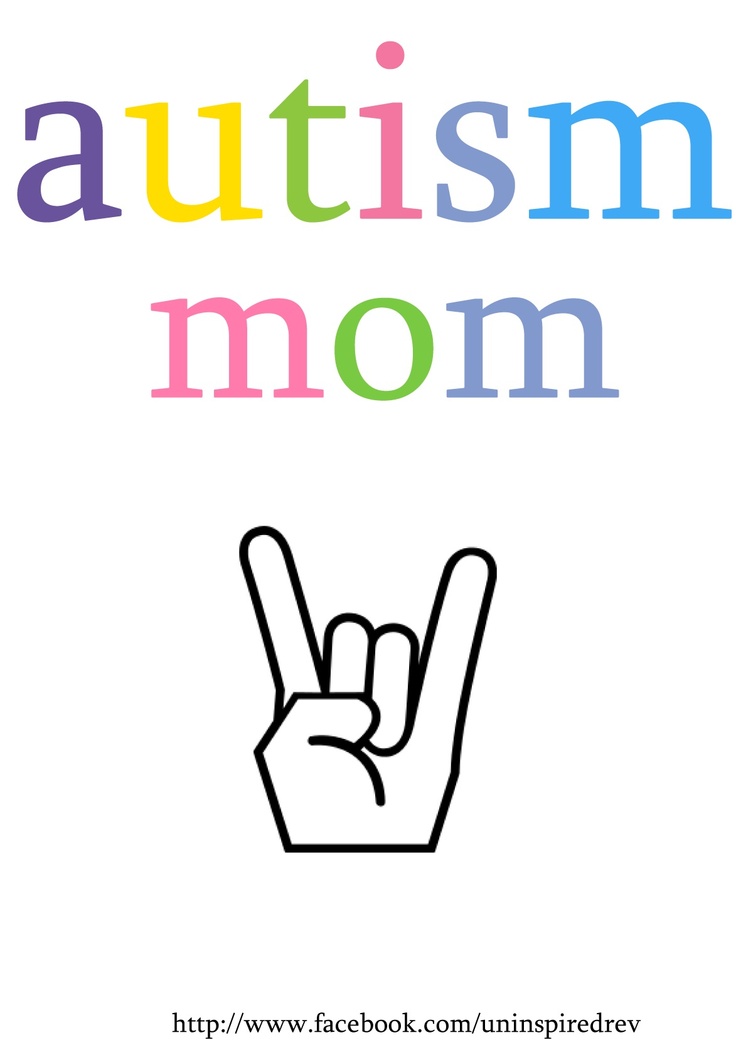
link.springer.com/article/10.1007/s10803-005-3300-7
FEEDBACK:
Medically reviewed by Jeffrey Ditzell, DO — By Christina Ward — Updated on April 11, 2021
RELATED
What Are the Symptoms of Autism Spectrum Disorder?
What Disorders Are Related to Autism?
Growing Up Autistic: How Do I Make the Leap to Adulthood?
Asperger’s vs. Autism: What Exactly Is the Difference?
How Is Autism Diagnosed?
Read this next
What Are the Symptoms of Autism Spectrum Disorder?
Medically reviewed by Timothy J. Legg, PhD, PsyD, CRNP, ACRN, CPH
Autism symptoms are actually differences in sensory, communication, and behavior patterns. Here's why.
READ MORE
What Disorders Are Related to Autism?
Medically reviewed by Nathan Greene, PsyD
If you're autistic, it's fairly common to also live with another medical, neurodevelopmental, or genetic condition.
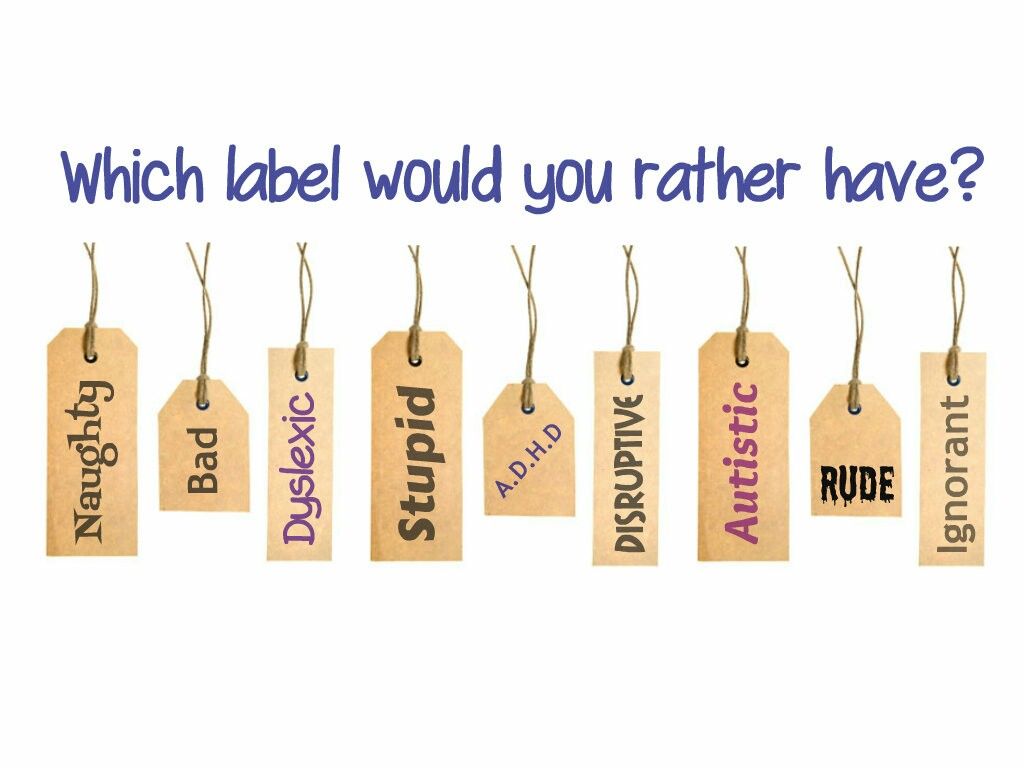 Learn about autism-related…
Learn about autism-related…READ MORE
Growing Up Autistic: How Do I Make the Leap to Adulthood?
Medically reviewed by Jeffrey Ditzell, DO
Each autistic adult is different. Learn how you can manage school, work, and more with whichever level of support works best for you.
READ MORE
Asperger’s vs. Autism: What Exactly Is the Difference?
Medically reviewed by Akilah Reynolds, PhD
Asperger's syndrome and autism (ASD) are different diagnoses, but if you've guessed that there's a lot of overlap, you're also right. You can learn…
READ MORE
How Is Autism Diagnosed?
Medically reviewed by Alexander Klein, PsyD
Autism is diagnosed based on shared behaviors and ways of communicating. But with that said, every person with autism is different.
 Learn about…
Learn about…READ MORE
What to Know About Nonspeaking Autism
Autistic people who don't speak can still communicate in many other ways. We look at the signs, causes, and other communication options.
READ MORE
Are There Differences Between Autistic Boys and Girls?
Boys and girls present autism symptoms differently. Learning the difference may help you understand why girls are often underdiagnosed compared to…
READ MORE
Should You Consider Genetic Testing After An Autism Diagnosis?
Medically reviewed by Karen Richardson Gill, MD, FAAP
Autism has more than one cause. Genetic testing may be able to determine if your child’s autism is genetic, or caused by environmental factors.
READ MORE
Is Autism Preventable?
Factors, like exposure to air pollution, can affect your baby’s chance of being autistic.
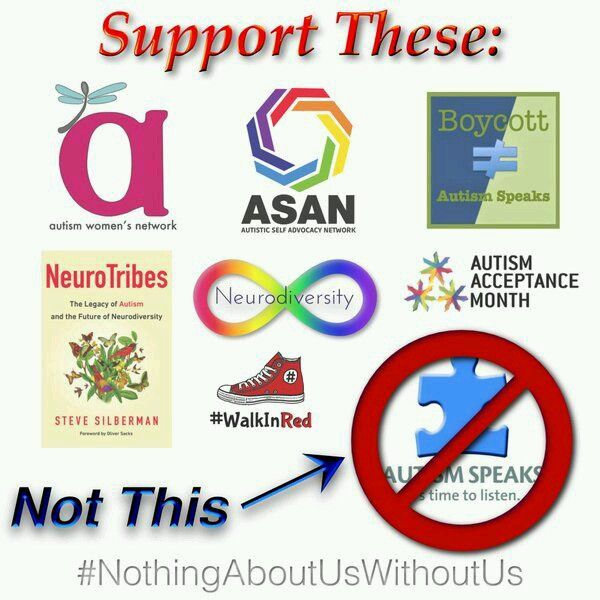 But you can be prepared by spotting the early signs to…
But you can be prepared by spotting the early signs to…READ MORE
How Can You Accommodate Autistic Students in the Classroom? 9 Tips
Autistic children see and interact with the world differently than nonautistic children. Consider these 9 tips to accommodate your students.
READ MORE
Autism "Adult": How to live for those diagnosed with autism as adults
- Eva Ontiveros
- BBC World Service
Image copyright, Getty Images
Image caption,A diagnosis, no matter how late it is, can help a person cope with daily life with greater confidence
"I was finally able to figure out what was wrong with me. You can't imagine how relieved I felt!" - says Sudhanshu Grover in an interview with the BBC.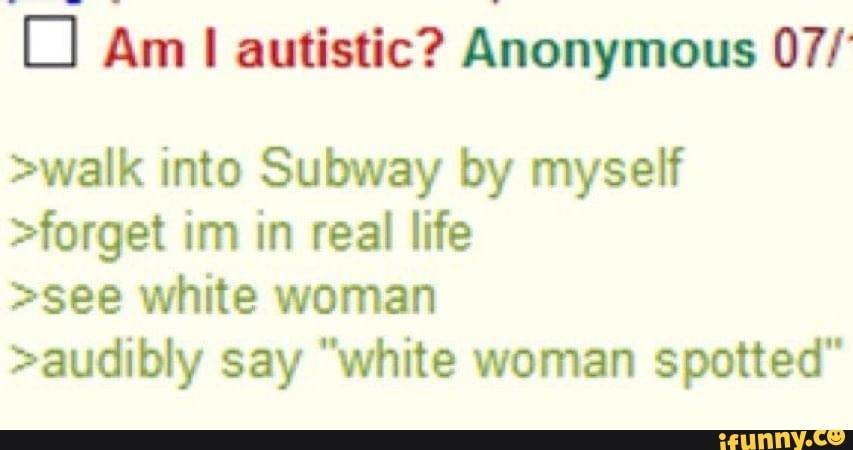
"I have two sons with autism and I work with children with autism, but I never knew this was the case for me," says Sudhanshu. She lives in New Delhi and was diagnosed when she was about 40
- Interview: people with autism see the world differently
- "Life with autism": an educational program that is never superfluous
"That explained everything in my life!" echoes Alice Rowe, who was also diagnosed in adulthood.
"I have lived my whole life in anxiety and isolation, feeling that I am different from others. It seemed to me that my life was much less understood than others. It was very comforting and helpful to realize that my problem had a rationale, and that I I'm not alone in this," says Alice, who lives in the UK.
To celebrate World Autism Awareness Day, the BBC talks about autism and how it can make a difference in people's lives.
Autism in adulthood
Photo credit, Getty Images
Image captionMany live feeling "different" but don't understand why they feel that way
Get worldwide data on autism spectrum disorders (ASD) ) is often difficult because the condition is not equally recognized and diagnosed in different countries.
According to the World Health Organization, 1 in 160 children worldwide have an autism spectrum disorder (ASD), but reliable global data for adults are not yet available.
The Centers for Disease Control and Prevention (CDC) estimates that in the United States, where data has been collected systematically, 2.21% of the adult population has ASD.
WHO describes ASD as a developmental disorder that affects communication and behavior and can be diagnosed at any age.
Autism refers to a whole range of such disorders: each person with autism has different combinations of autistic traits with varying degrees of intensity.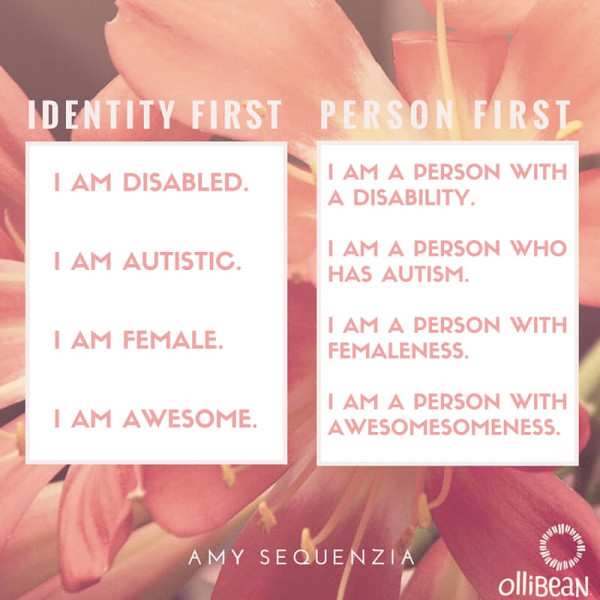
- How a boy with autism became a professor
It is usually discovered in childhood because symptoms usually appear in the first two years of life, but many people only realize they are living with autism as adults or are not diagnosed at all.
Late diagnosis is especially common in women. One reason for this may be that women are often better at copying the social cues they see around them, hiding or masking unusual behavior from those around them.
It is important to note that autism is not a disease. The brain of a person with ASD works differently than the brains of other people, according to the website of the British National Health Service.
There is no cure for autism - if you have autism, it's for life - but people with ASD can greatly benefit from the right support, tailored to their specific needs.
Why are not all cases of ASD detected?
Image copyright, Getty Images
Image caption,"ASD is a complex condition that can't be 'seen'," says Alice
Sudhanshu Grover is Head of Education Services at Action for Autism, an Indian non-profit organization.
"My children were diagnosed 20 years ago, at the age of three. That's why I started working with children with autism," says Sudhanshu. "But I myself never thought that I could also have autism."
For two decades, Sudhanshu has worked with children and parents to help them better understand autism.
- Living with autism: at what age is it not too late to expect success?
Skip the Podcast and continue reading.
Podcast
What was that?
We quickly, simply and clearly explain what happened, why it's important and what's next.
episodes
The End of the Story Podcast
It wasn't until she was 48 that she began to wonder if she might also have autism.
“I started noticing how difficult it was for me to communicate with people and how difficult it was for them to understand things the way I wanted them to… or they understood things differently than I do,” she says.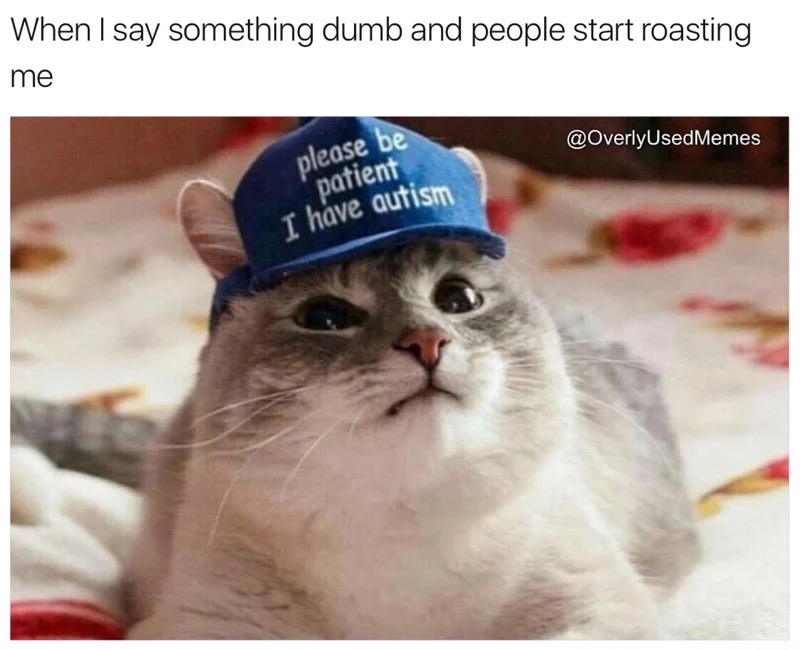 “It was generally difficult for me to communicate and make friends… I thought it was all about shyness. When I got along with people, I did it well, so I always had one or two close friends, but never large groups of acquaintances. "
“It was generally difficult for me to communicate and make friends… I thought it was all about shyness. When I got along with people, I did it well, so I always had one or two close friends, but never large groups of acquaintances. "
But more and more often Sudhanshu realized that communication was not easy for her: "I just went dumb when the situation was too tense. Or I analyzed it too carefully."
By now, Sudhanshu knew enough about autism to know that it doesn't just affect children, and that many adults may not be aware of their diagnosis for life.
“Given the opportunities, conditions and benefits available to people with autism in India, I knew that at my age I would not be diagnosed in a public hospital,” says Sudhanshu, “so I had to turn to a private company.”
"It's been almost a year and a half and I'm still trying to figure out what it means to me. I haven't fully realized it yet, but I've been able to understand why sometimes I act the way I do," she says.
In the end, there were positive aspects to this diagnosis.
"I work with children with autism. When parents ask how their children's lives might turn out, I tell them about my own autism. I'm very open about this because I think things will change when people start paying more attention." what you do. It makes everyone's life easier," says Sudhanshu.
Fighting prejudice
Photo by Sanjiv Soni
Image captionSylvia Moraa Mochabo: "Autism diagnosis can label you in society and not everyone is willing to carry that burden"
"On the African continent it is very difficult for adults to simply accept this diagnosis," Silvia Moraa Mochabo tells the BBC. "Autism is still perceived as a stigma in society."
Sylvia is a technology entrepreneur in Kenya and founder of Andy Speaks 4 Special Needs Persons Africa.
Under the pseudonyms Ms. Africa Elite 2020, Ms.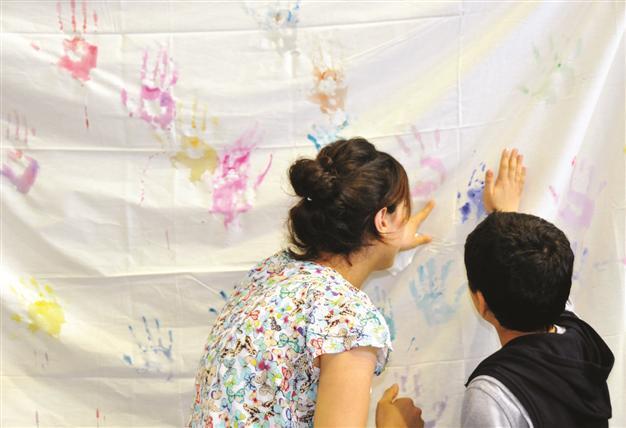 Africa United Nation 2020 and Ms. Elite Face of Africa 2020 she also leads an outreach campaign on neurodevelopmental disorders and autism.
Africa United Nation 2020 and Ms. Elite Face of Africa 2020 she also leads an outreach campaign on neurodevelopmental disorders and autism.
"Lack of knowledge leads to a lack of diagnosis at a later age. In three years, I have only been aware of three cases of autism in adults. But even children are not diagnosed by doctors, and we lack early diagnosis," Silvia adds.
Two of her three sons have autism and Sylvia worries they won't be able to live a fulfilling life because "bearing the stigma of being autistic is still a very big problem for an adult."
- Living with autism: a sensational study on supereducation
Natalia works in the media and was diagnosed with ASD in adulthood. She does not want to reveal her full name because it has already affected her work in the past.
"We all have dreams and a desire to succeed in life... it doesn't go away because we're different.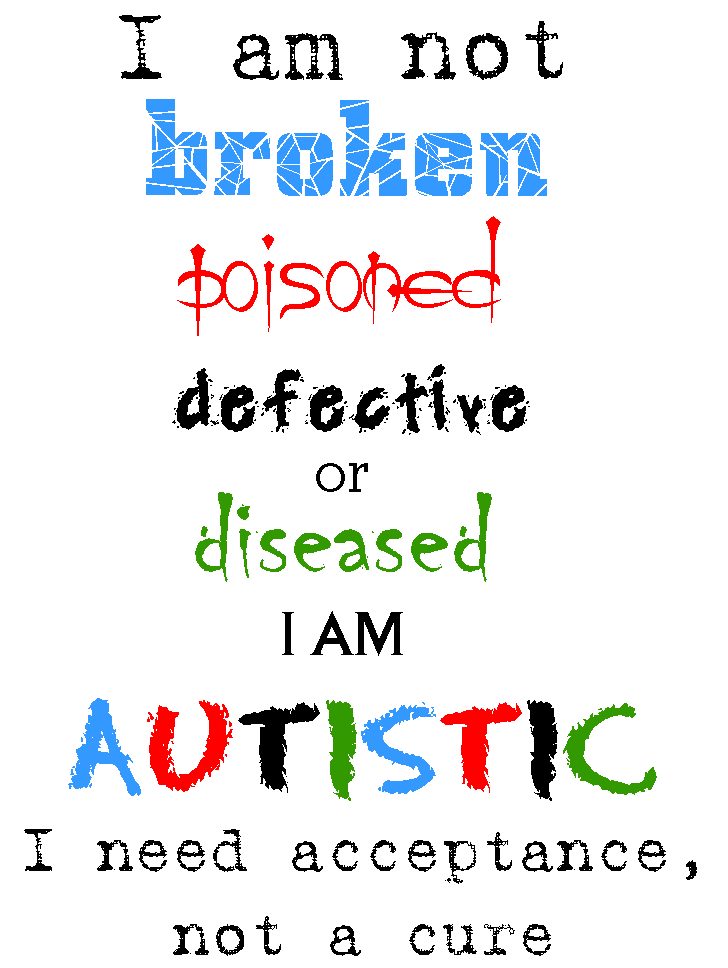 We all share the same basic feelings and aspirations," she says.
We all share the same basic feelings and aspirations," she says.
"I know quite a few people who just live without an official diagnosis. They know that they are different from others, but they have enough opportunities to adapt," adds Natalia.
Image copyright, Getty Images
Image caption,"Autism affects the way a person thinks, so it's hard to diagnose based on someone's thoughts," says Alice
But Sylvia says it's worse not to know what's happening to you: "The curriculum of our doctors does not address ASD in detail. So when they see a patient with certain characteristics - a child or an adult - they may not think that it is autism. As a result, the diagnosis is not made, and people continue to live with this disease without even understanding what it is."
"In our culture, if you engage in certain behaviors, you will be labeled as 'mentally ill'," Sylvia says. "It carries a lot of negative connotations, so it's not surprising that people tend to avoid this stigma and look for other coping mechanisms to cope with problems, but what if there is no such possibility?
- Autism in the lens: one day of Ilya
According to Sylvia, reaching adulthood with undiagnosed autism can make life very difficult for a person.
"If students with certain problems are not helped, they are more likely to drop out. By the time you are an adult, you have already been labeled as 'stubborn' or 'stupid' and no one thinks that autism can be the reason for this ".
However, for many in Africa, being diagnosed with autism is "terrible news," Sylvia says. "However, this does not mean a disaster," she says. "We must continue to work with this person in order to bring out his best side."
Sylvia says that she knows from her work and her own experience as a parent that acceptance of people with autism for who they are is key for both the individual and society.
"What do you need? Help with sensory issues? Speech therapist? You must have access to the right treatment if you want to be more active in the community. It's impossible to support a person or look for the right treatments if you don't understand what they need and what they experience," she says.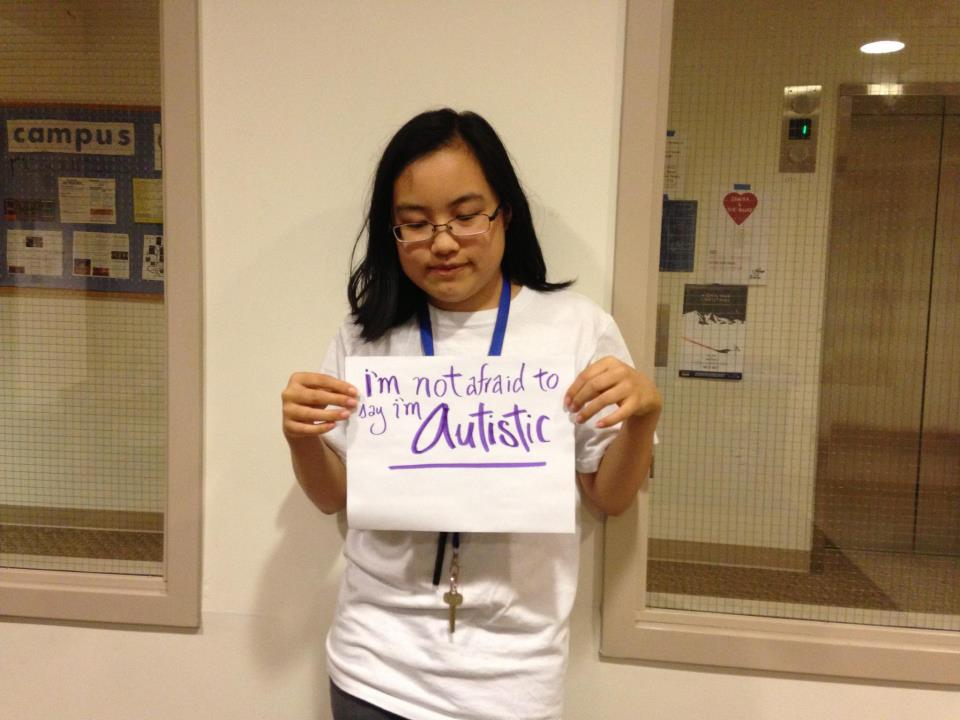
Why diagnose an adult?
Image copyright, Getty Images
Image caption,"The benefit of a diagnosis is a better relationship," says Alice
"I would advise all adults who think they may have a disease on the ASD spectrum to get a diagnosis because it gives a deeper understanding of the problem. When you know what you are facing, you can be better prepared for the problems you are going to face." collide," says Sylvia.
Sudhanshu agrees: "Now I realize that I know people who were no different from me, but got better grades or were more successful in life because they didn't have to deal with the features and disadvantages of such a life on a daily basis."
- What should you be aware of when communicating with a person with autism? 10 Great Moments
"There was so much going on in my head but I could never figure it out. There were things I really couldn't do, so now that I've been diagnosed, I feel so much better" - she says with relief.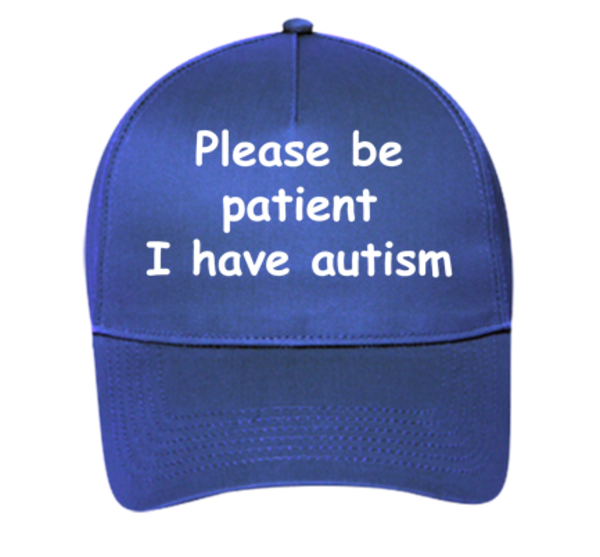
Alice Rowe, a writer and entrepreneur who was diagnosed at 23, understands the relief.
"I would feel a lot less isolated and unhappy if I knew there were other people who felt the same way as me. As a teenager, I felt very alone," says Alice.
Image copyright, Getty Images
Image caption,Alice: "My friends now understand that I need a lot of time to myself and I don't mind spending too little time with them"
That's it inspired her to create The Curly Hair Project, a social project to support people with autism and their loved ones.
"Probably a lot of people don't get diagnosed at an early age because they feel like everyone has the same problems and they just have to 'try their best,'" says Alice.
- How a new therapy will change how we communicate with children with autism
Sometimes "people with autism don't even realize they're 'different', and some may even deny it, so they take their time getting a diagnosis," she adds.
Alice's diagnosis really helped: "My friends now understand me better and we have a stronger relationship. I also feel that I can be myself among people, pretending to be like them less. For good mental health, this is really important ".
Understanding the "invisible state"
Photo credit, Getty Images
Image caption,"It would be nice if more people accepted rather than condemned this state," says Sudhanshu
"It's hard to explain to people that I have some problems because they don't see them. My diagnosis came as a surprise to many of my old friends and acquaintances," says Alice.
Sudhanshu agrees. "Without understanding these features, everyday life is difficult. And even if you have a diagnosis, people don't always understand them."
"There are a lot of things that can be difficult to deal with: noise, smells, crowded places... when you have autism, life can be very difficult because even simple everyday things give you away," adds Sudhanshu.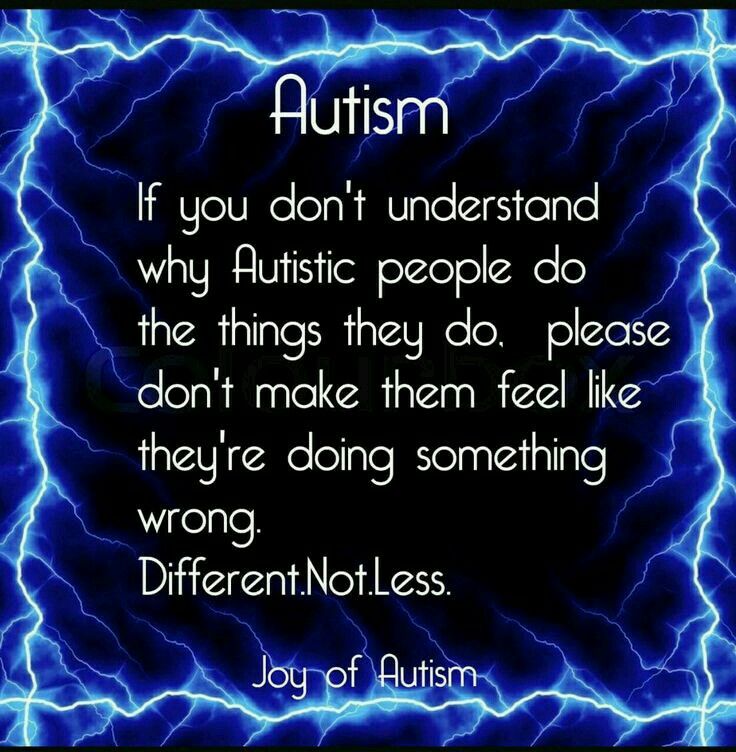
"Some problems are so trivial that others can't even imagine that they are really problems," says Alice. a slight change in plans can ruin your whole day and keep you awake at night, or that it might not be obvious to you how to use the turnstile because you can't figure out where to drop your ticket and which turnstile to go through?"
- Living with autism: is it worth the risk to have another baby
In some ways, restrictions during a pandemic can help people who don't have autism understand what it's like to be stressed when someone invades your personal space or touches your things.
"Now everyone understands how people like me live!" Alice says.
"I've always been hygienic, and it's physically more comfortable for me to be two meters away from others," she adds.
Help yourself
Image copyright, Getty Images
Image caption,"We all have the same feelings and aspirations," says Natalia
"Diagnosis is not the answer to all your problems, but in some cases it can be useful if it helps to get help or be understood by others," says Natalia. "It can also help you accept yourself for who you are and not feel like an eccentric. If you look closely, we are all a little eccentric" .
"It can also help you accept yourself for who you are and not feel like an eccentric. If you look closely, we are all a little eccentric" .
"Knowing that I am a person with autism helps me prepare and better deal with problems or avoid uncomfortable situations," says Sudhanshu.
Alice agrees: "Now that I'm older, it's easier for me to live because I understand myself better, and this understanding really improved after I was diagnosed with Asperger's syndrome [formerly used as an autism spectrum diagnosis, now part of ASD It also helps that others now know a lot more about autism."
Sudhanshu advises to properly study the problem and tell others about it: "Autism is for life, so the more you know about it, the easier it will be for you to live."
How do adults with autism live in Russia?
Sasha from St. Petersburg, who suffers from autism spectrum disorder, shared with us her story of how difficult it is to find yourself in a society that denies or ignores the problems of autistics. We present the text, fully preserving its content and style of the author.
We present the text, fully preserving its content and style of the author.
In no way do we believe that the information given in the story is universal in relation to the entire field of work with autism in Russia and the specialists involved in it, and we emphasize that it cannot be used for self-diagnosis of autism spectrum disorders.
There is no autism in Russia. And gays. And corruption. Alcoholism, low wages, dead roads, where did you see it at all? Well, I mean, you don't have a problem with that, do you? Well, others don't either. Ignore any information about autism as if you were being paid for it. It would be better, of course, to give money for rehabilitation centers, schools, or at least human training programs.
Autism is not a cough, it is a set of different symptoms, depending on the totality of which it can be concluded that a person has one or another autism spectrum disorder. There is a huge difference between clinical autism, which is diagnosed in early childhood, and autism in adults who have gone through the stages of quasi-adaptation on their own and now live on an equal footing with the rest - go to work, have children, sometimes even suddenly become successful in one or another areas.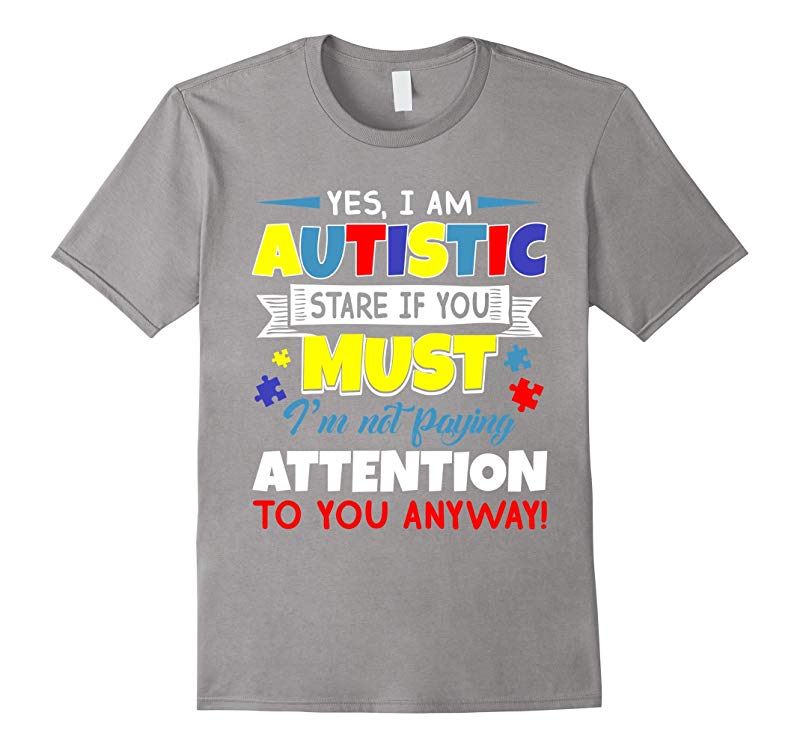
Adults don't hit themselves in the face, they're just sad introverts, sometimes showing something that can be described as talent. Their self-isolation is based on the inability to communicate with society: autistic people often do not mind being a part of it themselves, but their mind works differently than the mind of a person who does not have this disorder. There is no question of madness - autistic people are adequate, they experience emotions, they experience them very deeply and sincerely, regardless of what the experience gave rise to.
That's why I don't watch movies, it's too sad. Or too stupid. The first film that I cried over was called "Transformers": I was very sorry for Bumblebee. From books I prefer professional literature. I am autistic, as you should have realized by now, and my autism is quite mild compared to other people with autism spectrum disorders. This is a low level, and someone goes through it in a severe form, and I'm afraid to imagine what these people are like when I feel so bad.
Autistic people need a special approach. A child or adult with autism does not show off, he cannot perform this or that task due to the lack of proper instructions. Autistic people are distinguished by indifference, they are always focused on their work. But this indifference is a defensive reaction.
It is difficult to drag an autistic person by the ears into adulthood, where there will be no mommy and daddy. It takes skill to use the focus of a person with an autism spectrum disorder. 5 + 5 = don't know, 5 red cars + 5 red cars = 10 red cars. This is for an example. People are not in the autistic's circle of interests, but the autist is grateful for the care and support. An autistic person does not need indulgence, an autistic person is sick - he needs help.
The diagnosis of autism in children in Russia is, to put it mildly, inaccurate. I now have hystero-excitable psychopathy, but I'm not a psychopath. Children are more often diagnosed with schizotypal disorder, adults are always diagnosed with it.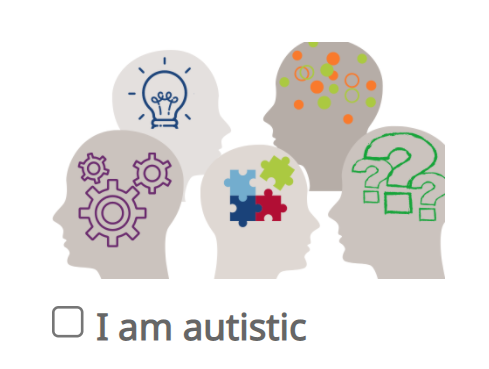 Even if you have an autism spectrum disorder in black and white on your medical record, as soon as you turn 18, you will cease to be autistic and move into the category of schizoids. I had to spend a lot of time and effort to figure it out, analyze and draw the right conclusion, which no one did for me, and I'm already 23 years old.
Even if you have an autism spectrum disorder in black and white on your medical record, as soon as you turn 18, you will cease to be autistic and move into the category of schizoids. I had to spend a lot of time and effort to figure it out, analyze and draw the right conclusion, which no one did for me, and I'm already 23 years old.
You do not receive complex therapy - they may prescribe drugs that stop the symptoms, but the root of the problem will remain, and the side effects of antipsychotics will depress the brain, and one fine day you may find that you really have gone.
Meanwhile, in the "dense geyropa" and in Israel, this issue is approached more responsibly, and that's great, but I'm not there. The skepticism of parents and doctors about mental health is critical: who knows who I would be and what I could do if someone would show me a little more attention.
I can't tell when it started. Once I was simply taken and speech disorders appeared. Mom yelled at me “talk normally”, but for some reason it didn’t work! At the age of 16, I corrected the situation myself, a friend cut my tongue in half (I have the so-called “snake tongue”).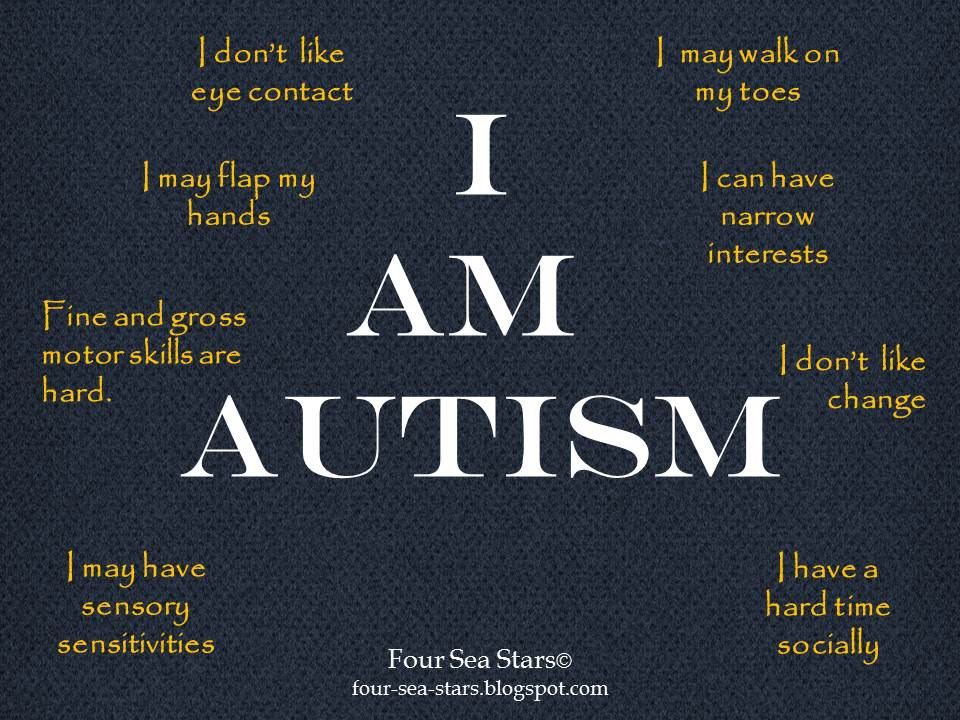 Since then, I have been resting on the palate, teeth and gums with only one half of the tongue, and this helps me control speech.
Since then, I have been resting on the palate, teeth and gums with only one half of the tongue, and this helps me control speech.
I remember that in the 3rd grade I refused the school program, expressing a strong unwillingness to ski. There was a conflict, I asked for time off to go home and on the way I dressed myself in bologna pants. She reached the house with warmth and comfort, but with some heaviness and anxiety. That's how I live. Something is happening, I can’t explain it - I’m dumped, invariably crap myself, but I feel better. I am not backward - in kindergarten I learned to count and read faster than anyone else, I counted from 1 to 100 and back almost from the stool for the headmaster.
At school I was constantly being challenged with Olympiads: I'm smart, so why don't I want to win another first place for my class? “I don’t want to” is the best reason not to do something. In the 4th grade, I stopped doing my homework because it prevented me from spending my time the way I wanted and provided me with additional responsibilities.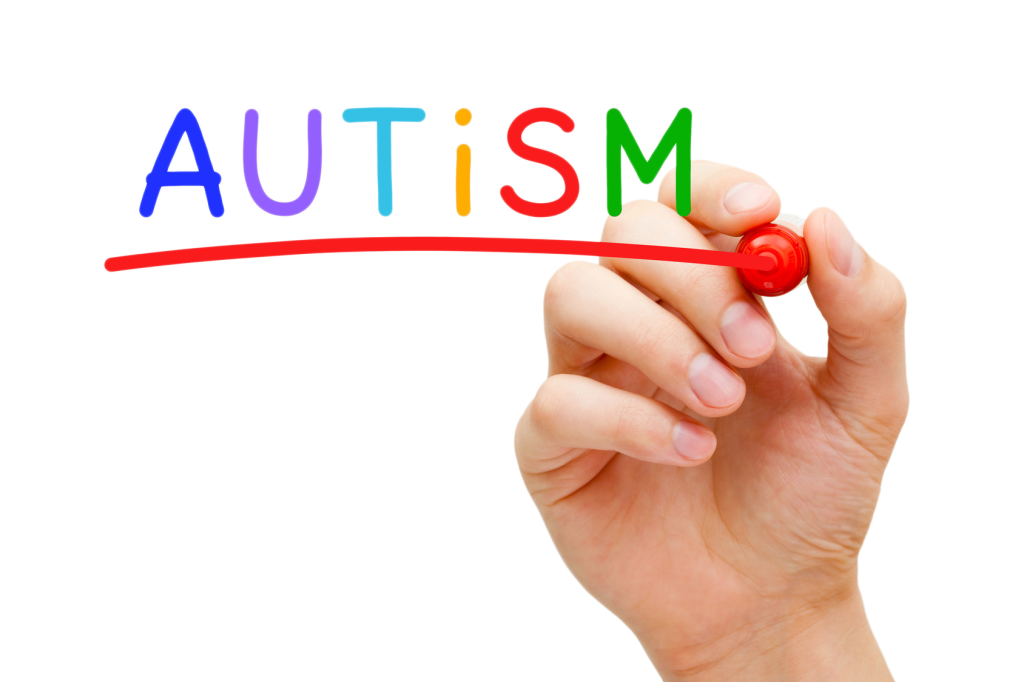 And if something gets in the way, I usually resolve the issue in my own way.
And if something gets in the way, I usually resolve the issue in my own way.
My acquaintances clearly lack contact and loyalty. Have to twist. I can’t distinguish what they say if I don’t see the lips of the interlocutor, but at the same time I can’t look into the eyes. I learned an effective way - to look at the bridge of the nose, it works very well, I advise. I know Russian and English at an acceptable level, above average, but I don't know any grammar rules. I never learned tenses, verbs, cases, declensions and the rest. In my head, this is presented as a series of screenshots that I took from the book immediately into memory: I clearly see pictures with examples, their number creates a rule. Such is the nature of thinking.
I love sorting. Many people like this, especially during the cleaning process, to lay out the little things in boxes, if possible, to catalog them. I love it, but in my own way: I have 2 million saved pictures on my computer, 200,000 posted online, and there are only 6,000 repeated images - which means that I have an excellent memory.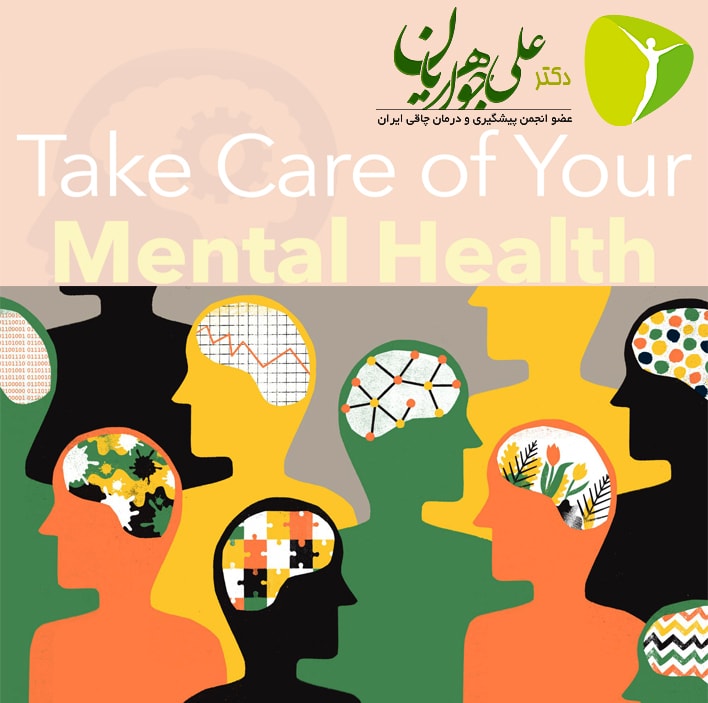 But at the same time, at school, I could not learn a single verse, sew an apron in labor lessons, or remember something more complicated than discriminants in mathematics. Having started my studies at the Humanitarian and Legal Lyceum, I immediately began to slide down, graduated 9classes, passing exams using cheat sheets.
But at the same time, at school, I could not learn a single verse, sew an apron in labor lessons, or remember something more complicated than discriminants in mathematics. Having started my studies at the Humanitarian and Legal Lyceum, I immediately began to slide down, graduated 9classes, passing exams using cheat sheets.
Couldn't get anywhere. I want medical education. I want art education. I want to stop thinking that even in a school I can only enter for a bribe. Thank you for the Internet, thanks to which I have money, where I can communicate the way I imagine it. Years of surfing the internet brought me a handful of people who understood me and now care. I feel satisfied that someone likes the result of my hobby - the group with pictures is now closed, all applications go through the rules I set. This is my little kingdom, my house, my family.
I can't go to an interview and say, "Hello, I can concentrate on a task so that your jaw drops." Or boast of amazing observations about pictures on the Internet, sketchy knowledge here and there.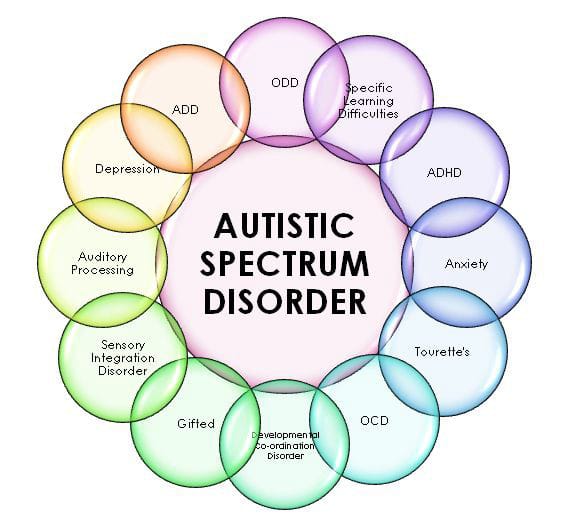 All this is not considered and, as it were, does not exist in the real world. Rarely do I feel really comfortable, but never with strangers. I do not agree to compromise, in any matter. There are no compromises, compromises do not solve the problem of clash of views - they are just putty on the crack between my world and the rest.
All this is not considered and, as it were, does not exist in the real world. Rarely do I feel really comfortable, but never with strangers. I do not agree to compromise, in any matter. There are no compromises, compromises do not solve the problem of clash of views - they are just putty on the crack between my world and the rest.
I don't want to go to the doctor and receive a diagnosis that I don't agree with in order to be treated in a way that suits me for someone I'm not. I don’t want to go to someone I don’t know, and I don’t know specific individuals who research autism. Childhood autism is finally being tackled, but it's not fair to those who were once children too.
I am open to cooperation in this matter, but in Russia there is too biased assessment, leading to haloperidol and antipsychotics. These methods are not a solution: at some point I went to look for a solution myself, and I am simply scared that the methods that suit me are criminally punishable in Russia. Sativa varieties are already clear which plant can relieve symptoms and say goodbye to some behavioral disorders. Stimulants too. There are, of course, antidepressants and other barbiturates, but the side effects from them are simply terrible. I don’t want to “beat” my already shaky little head within the framework of the legislation of that country that is not ready to take care of me and has never been ready (and is not going to).
Sativa varieties are already clear which plant can relieve symptoms and say goodbye to some behavioral disorders. Stimulants too. There are, of course, antidepressants and other barbiturates, but the side effects from them are simply terrible. I don’t want to “beat” my already shaky little head within the framework of the legislation of that country that is not ready to take care of me and has never been ready (and is not going to).
This is not a call to use illegal drugs as a remedy - this is a demonstration of what generally happens to people who are not helped because they did not find the problem in time. Try closing your eyes and walking down an open well. In your opinion, the well should be closed with a hatch - all wells are always closed with hatches. But the fact that you do not see how something goes wrong, the situation will not improve.
And finally, my sincere advice to those who have a similar problem: put your hands on your feet, find a couple of thousand dollars and go to some Israel.